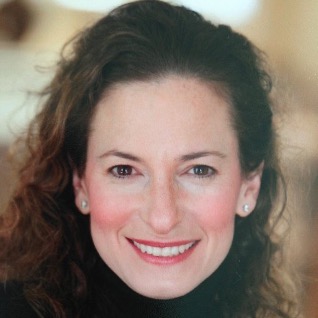


Jennifer Klein is Assistant to the President and the Director of the Gender Policy Council.
Before joining the White House, Jennifer Klein served as the Chief Strategy and Policy Officer at TIME’S UP, a non-profit group that raises money to support victims of sexual harassment. During the Clinton administration, Klein was First Lady Hillary Clinton’s senior domestic policy advisor as well as a Special Assistant to the President on the Domestic Policy Council.
Past statements on development, diplomacy, and U.S. global leadership:
On Women and Girls: “Women and girls in the U.S. and… around the world have long faced systemic discrimination that inhibited their full participation in the labor force, access to health care, and education, and security as well as that of their families.” (Source)
On COVID-19: “…Millions of women have lost their jobs, been forced to leave the workforce, or cut back on their hours to take care of their families as a result of COVID-19, and as I’m sure this audience knows well this trend was reflected globally. So, while women make up only 39 percent of the global workforce, they account for well over half of the pandemic related job losses.” (Source)
On Afghanistan: “Our commitment to security for the Afghan people must include security for Afghan women and girls. Yesterday at the State Department, we commemorated the International Women of Courage awards. And seven women, seven Afghan women were honored posthumously who were assassinated in 2020, simply for serving their communities… this is part of a larger effort to ensure safety and security for Afghan women.” (Source)
On Women’s Empowerment: “Investing in women is always a good investment. It’s not only the right thing to do… but it’s also the strategic thing to do. It’s a strategic imperative if you want to improve outcomes in any other issue.” (Source)
On Caregiving: “The caregiving field is predominantly female, and women generally try to balance the responsibilities that they have at work and home. When childcare centers and schools began closing, as elderly family members needed extra care, the need for investment in caregiving became more critical.” (Source)